What earthly guarantee do we have that live performance is going to be a viable option for Sydney or Melbourne in the short-term future when Covid governs all? Opera Australia has cancelled the national tour of Andrew Lloyd Webber’s The Phantom of the Opera which they hoped would save their bacon. The revamp of Cyrano by that formidable singer actress Virginia Gay (who has given the great French Romantic tragicomedy a happy ending and a lesbian protagonist) is subject to dire distancing rules in rehearsal and, although the production is likely to go ahead, you wouldn’t want to bet your house on its not being interrupted.
Cyrano is one of the great roles for a character actor, the guy who plays Falstaff rather than Hamlet, which is a reminder of one of the great Australian actors Leo McKern who – although he was a notable Peer Gynt and recorded Falstaff in Henry IV for BBC radio – will forever be associated with Rumpole of the Bailey and the maverick barrister created by John Mortimer who the Commonwealth world was captivated by from 1975 to 1992. He too, like Cyrano, is being subjected to a gender makeover. Emily Mortimer, the daughter of the famous QC who also wrote that poignant drama Voyage Round My Father – try to get hold of the TV version with Alan Bates as the son and Olivier as the blind lawyer dad – is planning a new TV Rumpole with a female defender of justice and promoter of mercy and there is talk of either Keeley Hawes or Lily James in the role.
John Mortimer used to say Leo McKern’s Australianness was intrinsic to the role and although he lost the accent he always kept the intonation. That’s as true of the way he played John of Gaunt in the recording of Richard II with John Gielgud as it is of his Gloucester in the Olivier TV version of King Lear. It was only occasionally that McKern got to play an Australian, as he did in the film of David Williamson’s Travelling North, but he made the resonance of the way we speak English a shade more central to English English. Something similar is true of Keith Michell, the Adelaide-born classical actor who played Henry VIII in a famous 1970 TV series. Not to mention Coral Browne, the girl from Footscray who wore her vernacular like a badge of honour, even if she spoke some version of the Queen’s English. She brings out the sometime Aussie sheila as the madam full of maternal feeling in Shaw’s Mrs Warren’s Profession and with bells on in An Englishman Abroad which Alan Bennett wrote for her where she plays herself to the Guy Burgess of Alan Bates.
It’s interesting to hear that Barrie Kosky the Melbourne-bred high-flyer of opera was stopped in Bayreuth, no less, of all Wagnerian citadels, from having dogs in his production of The Mastersingers because the Germans were scared the hounds might spread the virus.
It’s quite a few years since Kosky did his revamp of The Flying Dutchman for Opera Australia changing the storyline in a manner congenial to the reconfigurations of the imaginings of the doyen of Australian experimentalists. And it’s interesting to see that Angela Merkel made her last Bayreuth appearance this week, at least as German leader, to see a production of The Flying Dutchman that made Kosky’s rewrite seem tame. As with Virginia Gay you can’t complain. Some creative intelligences have to tinker for their imaginations to run free. Besides, a world that is open to a female Rumpole is ready for anything.
There are a few fearful people in the southern cities, however, wondering whether the Brisbane production of Wagner’s Ring Cycle will go ahead in November. At least the city of those shacks on sticks is going to see the Queensland Theatre Company’s production of a stage version of Trent Dalton’s Boy Swallows Universe, the novel which took the country by storm and succeeded in being a popular success as well as a literary triumph.
It’s easy to forget that a stage adaptation can be a big step towards ensuring that a book achieves the widest possible audience. That’s what happened with Neil Armfield’s celebrated productions of both Tim Winton’s Cloudstreet and Kate Grenville’s The Secret River and it may also be true of Sam Strong’s lustrous production of Craig Silvey’s Jasper Jones which not only brought out its affinity with To Kill A Mockingbird but had a breathtaking colour and pizzazz, almost like a first-rate musical without the songs but with the same alluring spectacularism.
We should keep in mind the deep affinity between drama and fiction which film and especially television have always thrived on. John Mortimer did the script for the sumptuous ITV version of Brideshead Revisited and novel to small screen has always been a mainstay of the sort of serial television which has influenced today’s streamers.
But it’s worth remembering how long ago Trevor Nunn did Nicholas Nickleby and only this year the Sydney Theatre Company did Ruth Park’s Playing Beatie Bow. There’s a lot that can be done with projections to overcome the visual limitations of theatre and it’s also true that a play script of a novel makes for an easy transit to film or TV.
Patrick White used to overthrow tables in rage at the thought of Joseph Losey not succeeding in making his film of Voss although he lived to see Jim Sharman direct the Richard Meale opera with a libretto by David Malouf. What’s often not noticed, however, is that White’s dramatic imagination is at its peak in the novels which should really have been adapted for the stage.
The trouble now would be assembling the big cast necessary in this time of plague. Perhaps what we need is what Claire Bloom – the star of Chaplin’s Limelight, decades later Lady Marchmain in the TV Brideshead – did at the Melbourne Festival when she performed Jane Eyre as a solo show. All genders, all ages, through one virtuoso voice.
Got something to add? Join the discussion and comment below.
Get 10 issues for just $10
Subscribe to The Spectator Australia today for the next 10 magazine issues, plus full online access, for just $10.
You might disagree with half of it, but you’ll enjoy reading all of it. Try your first month for free, then just $2 a week for the remainder of your first year.

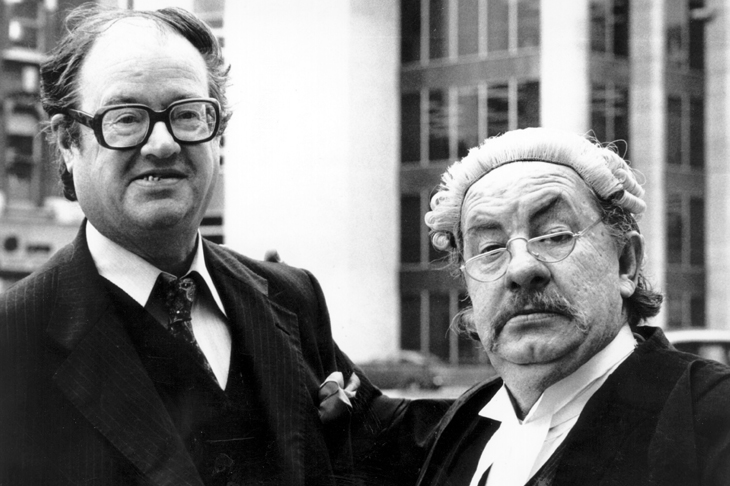
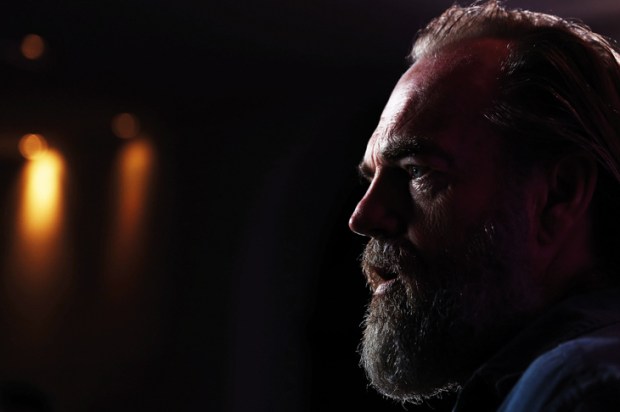
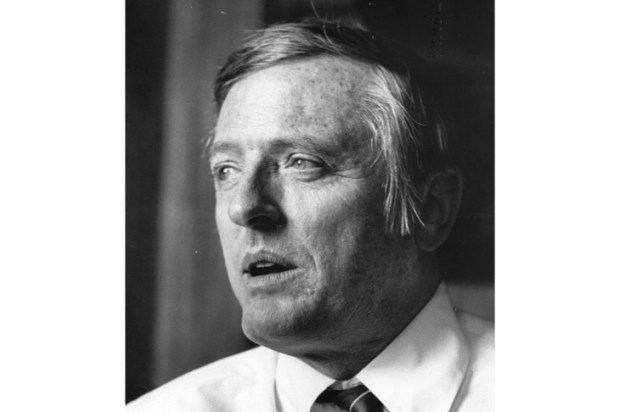
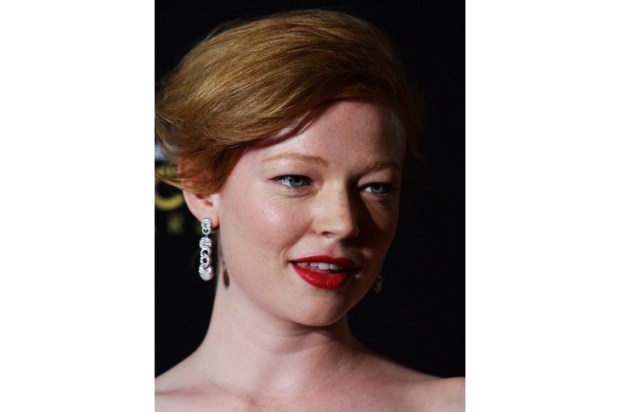
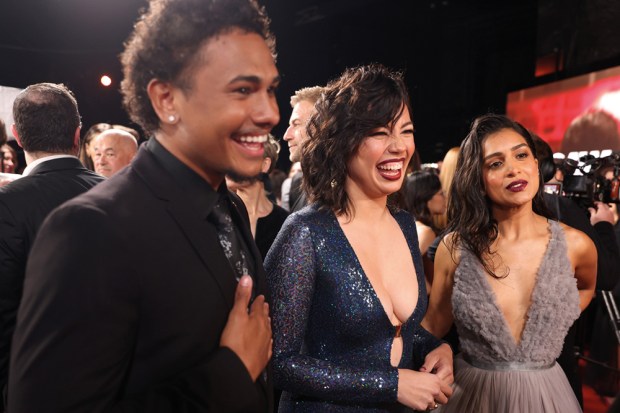
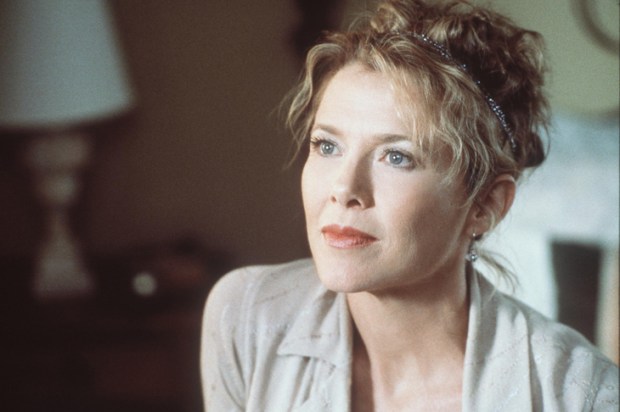
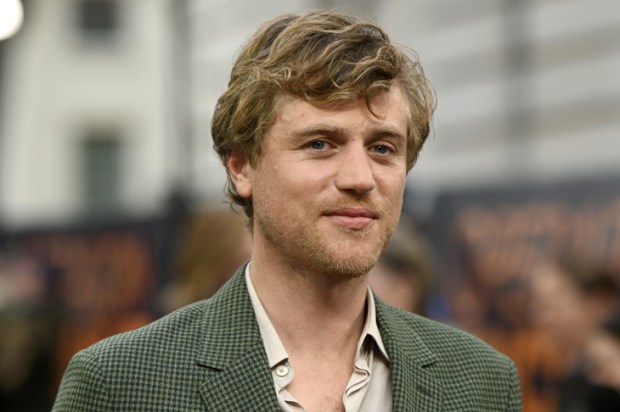






Comments
Don't miss out
Join the conversation with other Spectator Australia readers. Subscribe to leave a comment.
SUBSCRIBEAlready a subscriber? Log in